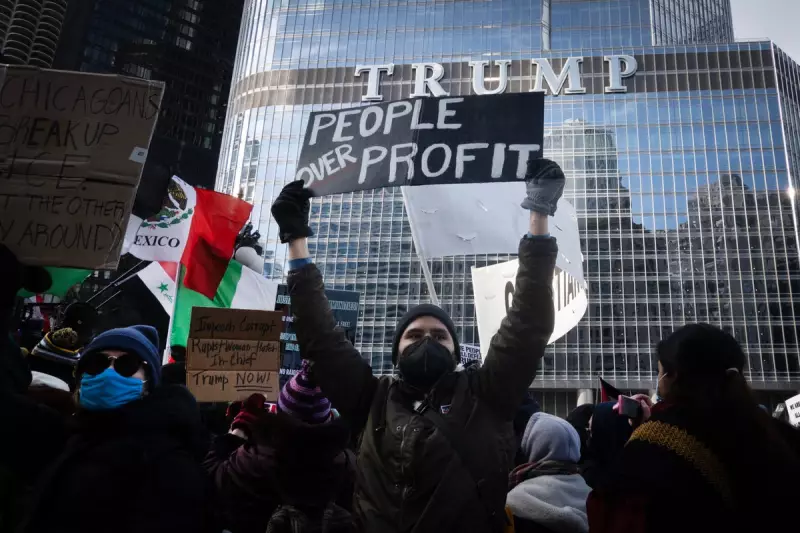
In a striking rebuke to a central figure in Donald Trump's post-election campaign, former campaign attorney Jenna Ellis has been suspended from the practice of law in Colorado for a period of one year. The suspension comes as a direct result of her admitted role in propagating falsehoods regarding the integrity of the 2020 Presidential election.
The Colorado Supreme Court presiding over the disciplinary matter approved a stipulation agreement between Ellis and the state's attorney regulatory agency. This agreement acknowledges that Ellis engaged in conduct that was "reckless" and knowingly undermined public confidence in the electoral process through her repeated misrepresentations.
A Pattern of Misconduct
The case against Ellis detailed ten specific instances where she publicly made false claims about electoral fraud, despite being aware that such statements were deceptive or lacking in evidence. As part of her agreement, Ellis admitted that her actions violated professional rules governing conduct for lawyers, specifically a rule prohibiting conduct involving "dishonesty, fraud, deceit, or misrepresentation."
This disciplinary action is separate from her legal troubles in Georgia, where she was indicted alongside Donald Trump and others for allegedly attempting to overturn the state's election results. In that case, Ellis pleaded guilty to a felony charge and agreed to cooperate with prosecutors.
The Fallout and Reaction
The one-year suspension is backdated to the date of her interim suspension in March 2023, meaning it will effectively be in place for several more months. In addition to the suspension, Ellis has been ordered to pay restitution for the costs of the proceedings.
This ruling sends a clear message from the legal establishment that the propagation of demonstrably false information, particularly by officers of the court, carries serious professional consequences. It underscores the legal profession's duty to uphold facts and the rule of law, especially in matters as fundamental as the democratic process.





